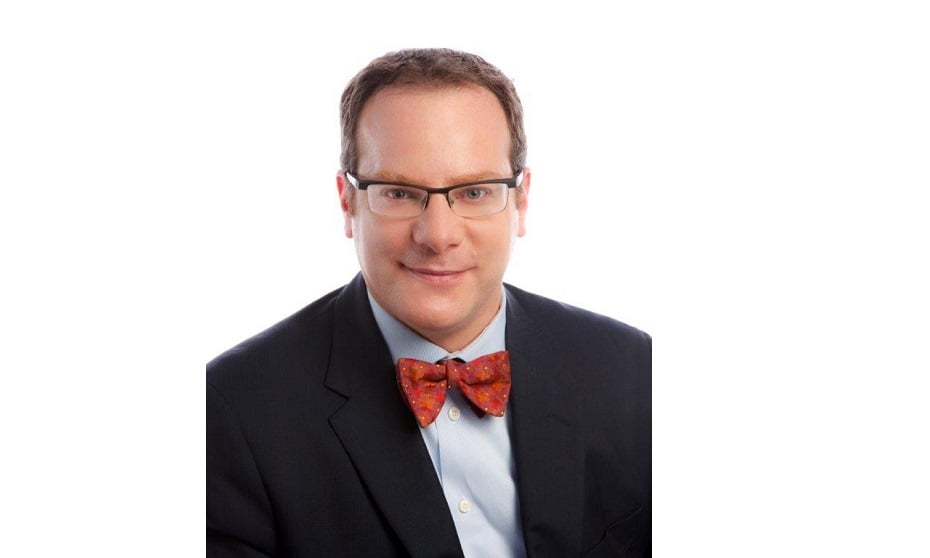
Appeal touches on use of similar fact evidence and experts

A recent appeal decision before the Law Society Tribunal shows the difficulty of using similar fact evidence and the importance of expert witnesses, says the lawyer who worked on the case.
The July 19 appeal panel order, file No. 18A-003 in the appeal of Luigi Savone and Law Society of Ontario, focuses on a mortgage fraud-related dispute that dates back between 2000 and 2003, says Savone’s lawyer, Dickinson Wright LLP partner Brian Radnoff.
The Law Society of Ontario argued that Savone was “running a mill” of fraudulent transactions and tried to introduce evidence after the hearing started related to 41 additional transactions on top of the 12 transactions being examined, Savone’s notice of appeal says.
“The Law Society attempted to rely on these additional transactions despite the fact that the Hearing Panel had ruled at the beginning of the hearing that the Law Society could not rely on similar fact evidence,” the appeal notice said.
The appeal notice also said the tribunal’s hearing panel “ignored or misapprehended expert evidence” and “did not consider or refer to precedents.”
In particular, Radnoff says, an expert had said that the law society did not warn lawyers about the type of mortgage fraud described in Savone’s case until years later.
For example, in a 2016 case, Law Society of Upper Canada v. Gregoropoulos, 2016 ONLSTH 64 (CanLII), the panel considered the timing of notices sent out by LawPRO and Stewart Title, and noted that the Law Society’s expert said “solicitors practicing real estate in the time period between 2001 and 2004 would not have been as familiar with what the term ‘red flags’ meant in real estate mortgage transactions and what those red flags would be, as would have been the case in 2010.’” Another case, Law Society of Upper Canada v. Talarico, 2015 ONLSTH 222 (CanLII), accepted expert evidence that mortgage fraud “had to be assessed within the context of the profession's knowledge and awareness of fraud at the relevant time.” Those two cases included some of the same alleged fraudsters.
In Savone’s case, the Law Society Tribunal Appeal division dismissed an argument about delay but allowed the appeal on Savone’s finding and penalty. Now, the parties will make written submissions on whether Savone “engaged in professional misconduct by becoming a tool or dupe of his client.”
Due to the ongoing nature of the case, Radnoff says he could only comment on limited aspects of the decision. However, Radnoff says, the lack of a resolution in the long-running dispute has been a “huge tragedy” and a source of professional embarrassment for his client.
The July 19 appeal order was the second time a finding against Savone and for the LSO was overturned on appeal. The tribunal had revoked Savone’s license over the 12 disputed transactions in 2014, a decision that was overturned in 2015 due to lack of disclosure.
“It’s a good demonstration of the difficulty of using that type of evidence,” says Radnoff of the similar fact evidence examined in the latest appeal.
He adds: “[The decision] emphasizes that it’s important for the panels to consider expert evidence, particularly when you’re dealing with transactions that happened a long time ago. Knowledge of real estate fraud has gotten a lot more sophisticated. It wasn’t even mentioned in the Rules of Professional Conduct during the period that these transactions occurred, but now the rules are quite detailed about it. You can’t assess what a lawyer’s knowledge was in terms of participating in fraudulent transactions without some understanding of what the knowledge of the profession was at the relevant time.”